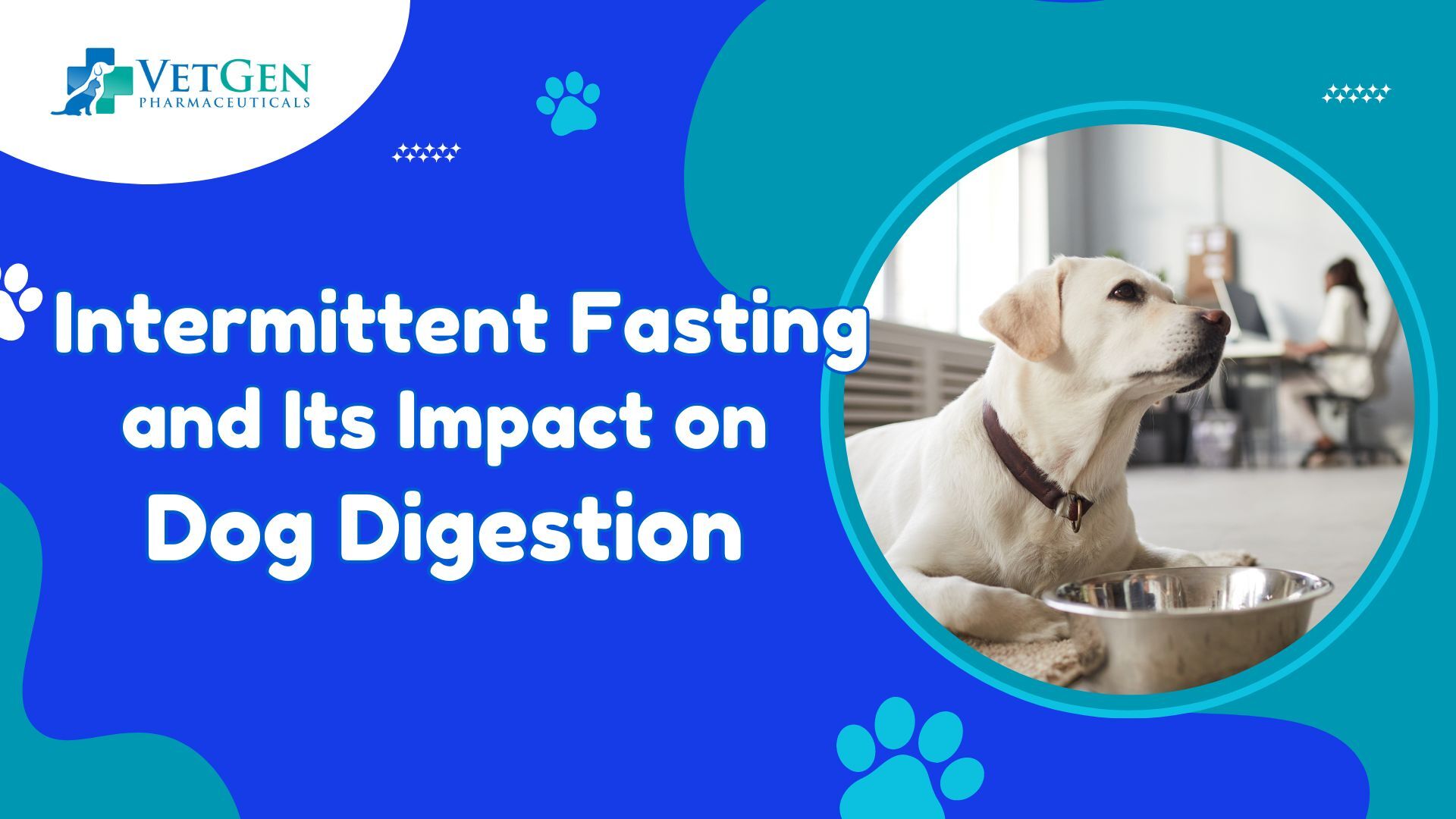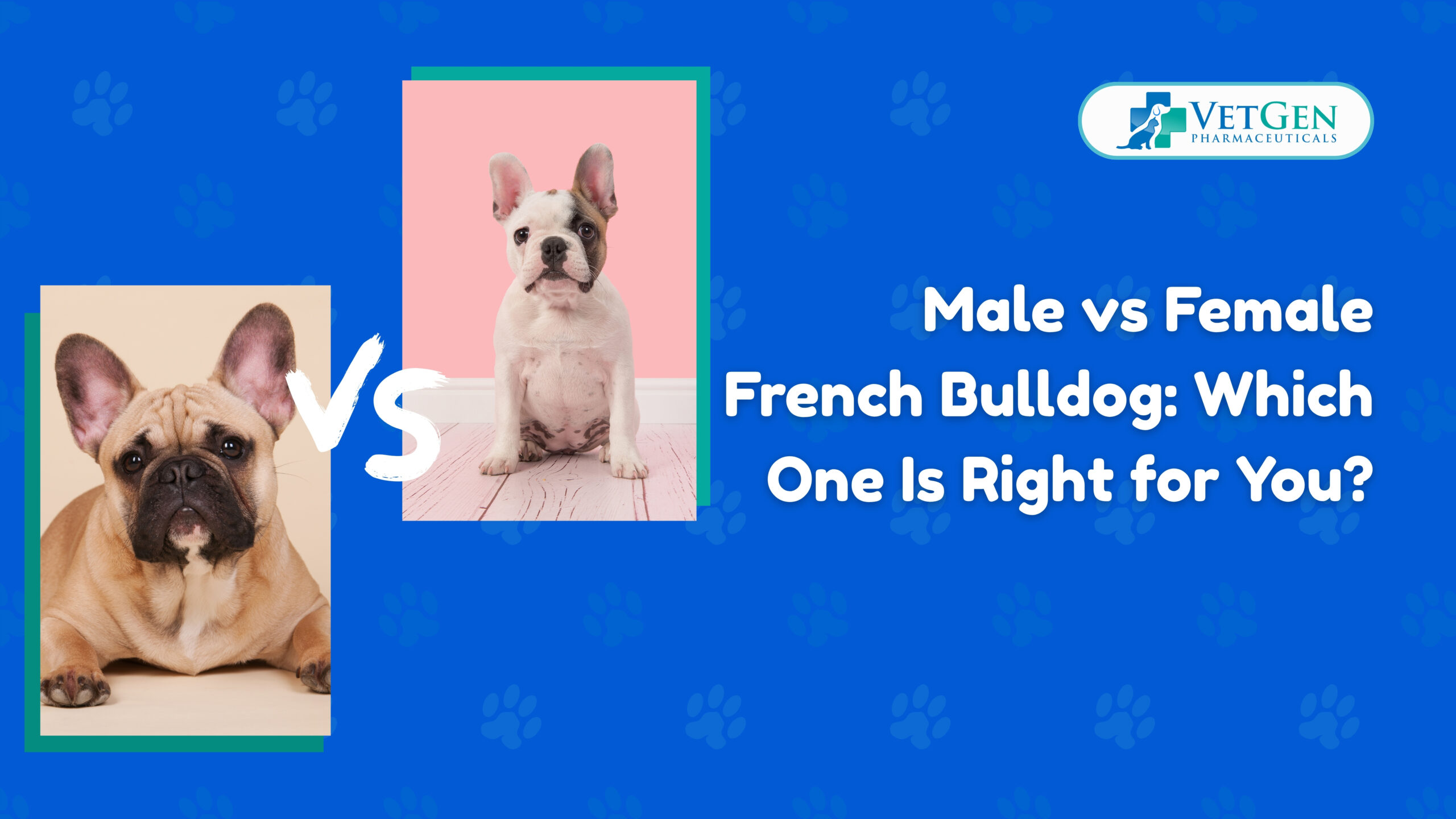Intermittent fasting is growing in popularity because of its possible advantages for human health. Fasting has been a common practice for centuries, mostly as a religious observance, throughout many countries. The health advantages of fasting have been the subject of recent human investigations, with positive results.
Consequently, a growing number of pet owners are wondering if intermittent fasting can be beneficial for dogs as well.
Is It Good For Dogs to Fast?
The voluntary abstinence from food for a set amount of time, either long or short, is called fasting. Fasting has long been utilized as a means to strengthen religious convictions, promote communal purpose, and improve health. But, is it good for dogs to fast for 24 hours? Well, the answer can differ for different dogs. Some dogs react well to fasting while other reject it outright.
Dogs that practice intermittent fasting receive their daily meal within a set time frame before starting a longer period of fasting. This feeding technique is similar to that used with humans.
The idea behind intermittent fasting for dogs is to replicate the feast-or-famine cycle of eating that wild dogs and wolves naturally follow.
Animals do not have regular eating schedules like our pet dogs do in the outdoors. Rather, they follow a feeding cycle depending on when their prey is available. In order to flush out toxins and encourage self-healing, they also possess an intrinsic knowledge of when to quit eating and concentrate on sleeping.
Benefits of Intermittent Fasting for Dogs
The first question that comes to a pet parent’s mind when considering intermittent fasting is: is it good to skip a meal for a dog? Some animal studies from NCBI have demonstrated the potential health benefits of intermittent fasting for dogs, including improved insulin sensitivity, decreased inflammation, and increased lifespan.
- Weight loss: If you’re wondering, can I fast my dog for weight loss, then the answer is yes. Dogs that fast intermittently can achieve and maintain a healthy body weight by lowering their intake of food and speeding up their metabolism.
- Better digestion: In certain dogs, allowing the digestive tract to rest during fasting periods may help minimize digestive issues like constipation, diarrhea, and vomiting.
- Better insulin sensitivity: Intermittent fasting promotes insulin sensitivity and controls blood sugar levels. This could decrease the chance of type 2 diabetes and insulin resistance.
- Reduced inflammation: Fasting helps reduce the body’s inflammatory response, which may help protect dogs from developing chronic illnesses.
- Longer lifespan: Intermittent fasting could increase lifespan by lowering oxidative stress and encouraging cellular repair.
Giving your dog time to fast allows their body to take a break from breaking down food, allowing them to concentrate on strengthening their immune system.
What Is The Best Window For Intermittent Fasting?
Dogs can fast in a variety of ways, but the most popular method is to give them one or two substantial meals a day and allow them to fast for 12 to 24 hours or for 8 to 16 hours in between meals.
For example, if you adhere to an 8–16 hour fasting window, it can be something like this.
- At 8 a.m., give your dog his first meal.
- At 4 p.m., give your dog his second meal.
Between meals, you can offer them a small snack, but between 4 p.m. and 8 a.m. The next day, give them nothing but water. This implies that your dog will have an 8-hour feeding window and a 16-hour fasting window. Instead of starting every day, you can also practice intermittent fasting two to three times each week. You can also practice a 24-hour intermittent fasting routine once a week.
We advise extending the fasting window gradually over time, starting with a smaller window of 12 to 14 hours. Use a shorter fasting window (13–15 hours) for sick or elderly dogs.
Then, comes the question of water. Can dogs drink water when fasting? It goes without saying that your dog should always have access to clean, fresh drinking water.
Is It Safe For All Dogs To Exercise Intermittent Fasting
Generally speaking, intermittent fasting is safe for all mature dogs—not puppies—as long as they don’t have any underlying medical issues. This brings up the debate: Can intermittent fasting cause bowel problems? While there is no direct relation to intermittent fasting and bowel problems, there is a possibility that reduced food intake results in diarrhea, bloating, or constipation.
If you want to know if your dog is a good candidate for fasting, it’s best to speak with your veterinarian. To help you through the fasting process and to design a personalized fasting program for your dog depending on her dietary needs, you can also speak with a canine nutritionist.
Studies have been done on rodents, monkeys, and other species to see how fasting affects their lifespans and general dog digestive health. According to data from the AKC study, dogs fed once daily had lower rates of health problems, such as pancreas or liver illnesses, dental disease, kidney or urinary problems, cognitive impairment, and orthopedic abnormalities.
Conclusion
Dietary considerations are essential for fostering our pets’ general health and well-being. Intermittent fasting on dogs can provide benefits for digestion, better metabolism, weight control, and general vitality. Don’t forget to contact your vet before making any changes to your dog’s diet.
Frequently Asked Questions
What is the fasting protocol for dogs?
Dogs can fast in a variety of ways, but the most popular method is to give them one or two substantial meals a day and allow them to fast for 12 to 24 hours.
What are the health benefits of intermittent fasting for dogs?
Intermittent fasting in dogs can help increase immunoglobulin levels and macrophage activity. It also helps engulf unfriendly bacteria and other pathogens. A prolonged fast will bring the body’s overall toxins down to a manageable level, allowing the healing process to begin.
How long does it take for a dog to poop after fasting?
After fasting, it can take a dog about 24 to 48 hours to poop. The exact time depends on the dog’s size, metabolism, and how much they ate before fasting. Always consult a vet if you’re concerned.






